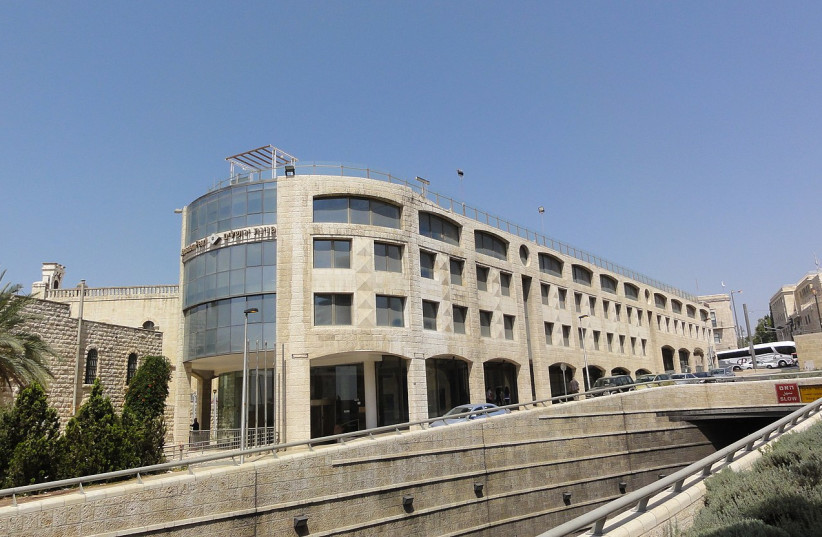The fate of one of Jerusalem’s longest-standing empty buildings is now decided: The abandoned Dan Pearl Hotel eyesore across from the Old City’s Jaffa Gate will be demolished.
The Jerusalem District Court accepted a petition by the Jerusalem Municipality last week to demolish the building, after the city argued that the owners of the property, French real-estate developers, were not moving ahead to renovate the building. The court’s decision thus ended 20 years of neglect and ugliness, enabling the city to issue a tender for a new hotel to be built on the premises.
The Dan Pearl was established on the site of the former Fast Hotel, purchased by the Jerusalem Municipality from the Armenian Patriarchate and demolished in 1974. The construction of a new hotel was delayed for many years due to the desire of the developers to increase the percentage of construction.
They were finally allowed to build four underground floors, and construction began in the 1990s. Upon completion, the hotel was handed over to the management of the Dan Hotel chain and opened in 1996 as Pearl of Dan with 120 rooms.
But the hotel was never commercially successful, and a liquidation order was issued in 2000 at the request of Discount Bank, to which the company owed NIS 170 million. The tender for the sale of the hotel was published in December 2002, but no bid submitted for the tender met its threshold conditions.

With the termination of the management contract in 2003, the Dan Hotel chain left, and the hotel, now called Pearl of Jerusalem, was run by a company owned by businessman Poyo Zablodovich. In 2007, the hotel was sold to French real-estate developers, but it closed in 2008.
In 2010, the French developers applied for an exemption from property tax, arguing that it became an unusable property, while they deliberately initiated actions that made the property uninhabitable, such as displacing flooring and demolishing interior ceilings, according to the municipality.
The municipality then planned in 2012 for the demolition of the hotel and the construction of a new hotel of similar dimensions in its place. Instead, the developers submitted an application for additional floors to the existing building and hotel rooms. The city refused to approve the additional floors, arguing that it would damage the urban fabric near the Old City walls.
The fate of the hotel has remained in limbo ever since and entered the pantheon of the city’s white elephants.
In its appeal to the court, the municipality said the demolition was in the public interest because it is a huge, abandoned, dangerous and neglected structure in one of the important areas in Jerusalem, tarnishing the appearance of the city. That claim was accepted by the court last week.
